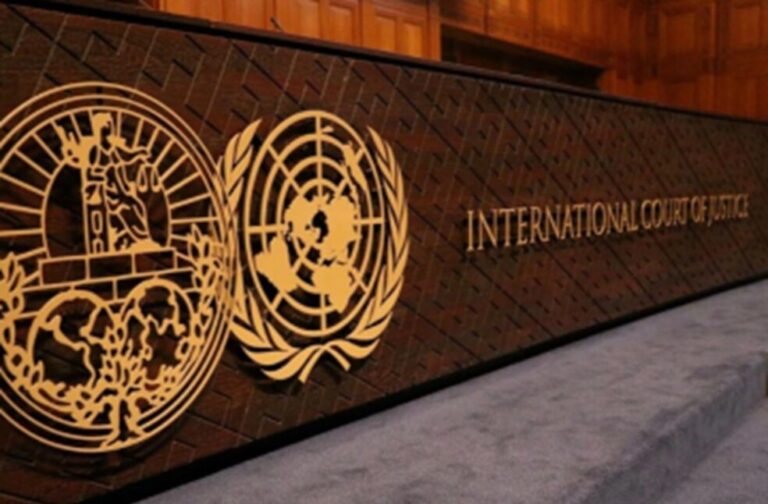Hague: The United Nations’ highest court, the International Court of Justice (ICJ), has declared that the Israel’s occupation of Palestinian territories and the settlements are illegal and should be withdrawn immediately.
In its strongest findings on the Israel-Palestinian conflict, the advisory opinion by the ICJ, also known as the World Court, though non-binding, carries significant weight under international law and may diminish support for Israel.
“Israeli settlements in the West Bank and East Jerusalem, and the regime associated with them, have been established and are being maintained in violation of international law,” stated President Nawaf Salam, reading the findings of the 15-judge panel. The court outlined Israel’s obligations, including paying restitution for harm and evacuating all settlers from existing settlements.
Israel’s foreign ministry quickly dismissed the opinion as ‘fundamentally wrong’ and one-sided. Israel reiterated its position that a political settlement can only be reached through negotiations. Israel Prime Minister Benjamin Netanyahu’s office said that, “The Jewish nation cannot be an occupier in its own land.”

The ICJ’s opinion also concluded that the U.N. Security Council, the General Assembly, and all states must not recognise the occupation as legal nor provide aid or assistance in maintaining Israel’s presence in the occupied territories.
The case arose from a 2022 request for a legal opinion by the U.N. General Assembly, on behalf of the Gaza war that began in October. Israel captured the West Bank, Gaza Strip, and East Jerusalem in the 1967 Middle East war and has since expanded settlements in the West Bank. Israeli leaders argue these territories are disputed lands, not occupied in legal terms, but the U.N. and most of the international community view them as occupied.
In February, over 50 states presented their views before the court, with Palestinian representatives urging the court to mandate Israel’s withdrawal from all occupied areas and the dismantling of illegal settlements. Israel did not participate in the oral hearings but submitted a written statement arguing that issuing an advisory opinion would harm efforts to resolve the Israeli-Palestinian conflict.



